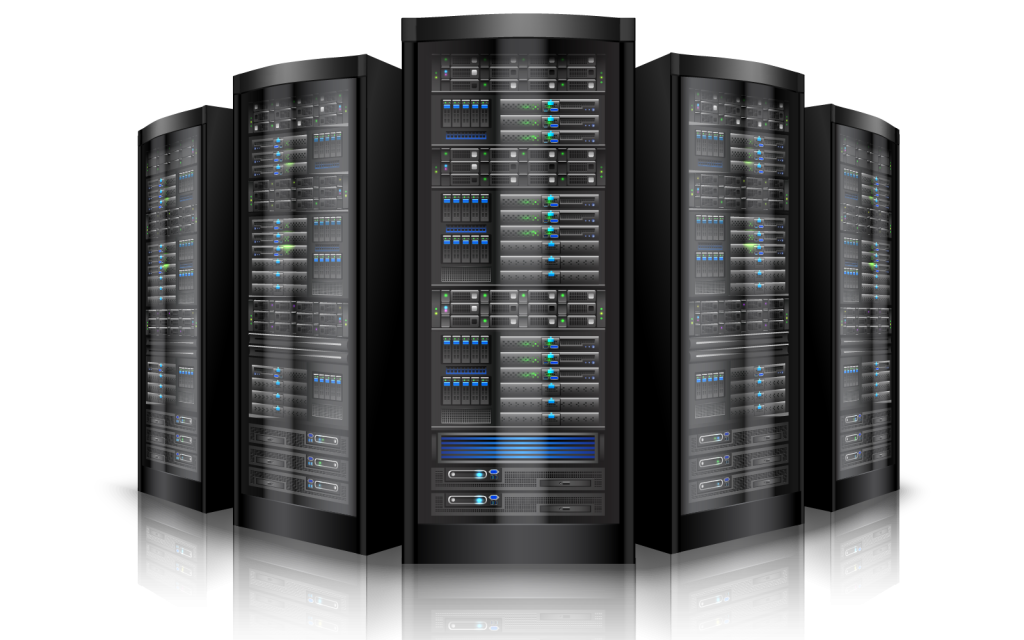Evaluating Infrastructure Priorities: Is Dedicated Server Hosting Still Worth It?

Organizations that rely on stable, high-performance hosting often gravitate toward physical servers, especially when seeking the best dedicated server hosting in India. While cloud solutions have risen dramatically in popularity, dedicated servers continue to hold their ground in specific use cases where resource control, predictability, and performance are non-negotiable. Yet, this approach isn’t free from scrutiny—especially given the dynamic nature of infrastructure trends and pricing.
Dedicated server hosting offers isolated resources, direct hardware access, and consistent performance. For businesses that run large databases, custom applications, or require compliance with specific regulations, having an entire server to themselves offers peace of mind. There’s also the added benefit of avoiding “noisy neighbor” issues common in shared or some virtualized environments.
However, the cost of maintaining a dedicated server—hardware, cooling, physical space, manpower for maintenance—can be considerable. Not every business needs the full capacity of a physical server, which often leads to underutilization of resources. That’s where virtualized solutions or hybrid infrastructures tend to make more economic sense for growing startups or medium-sized firms.
Geographic location is another factor. Hosting in India minimizes latency for Indian users, and with many data centers now offering Tier III and Tier IV infrastructure, downtime has been significantly reduced. But buyers must still ask key questions: What kind of uptime does the provider offer? How transparent is their SLA? Are there bandwidth caps or hidden charges?
Security remains one of the strongest arguments in favor of dedicated servers. For companies handling sensitive customer data, regulatory compliance can demand more control than cloud environments typically allow. With root access and physical server segregation, dedicated hosting continues to appeal to sectors like finance, healthcare, and e-commerce.
Yet, challenges around scalability remain. Scaling on a dedicated server often requires downtime or additional provisioning. This contrasts sharply with cloud platforms, where resources can be adjusted almost instantly. Organizations must carefully project future traffic and growth to avoid either overcommitting or underestimating needs—both of which can be costly.
Deciding between cloud and dedicated hosting is rarely about picking one over the other. It’s more about understanding infrastructure requirements, business priorities, and risk tolerance. A hybrid approach—where mission-critical apps run on dedicated servers while less intensive processes rely on the cloud—is becoming a practical compromise.
In short, while alternatives abound, the relevance of dedicated servers has not vanished. For businesses looking for performance consistency, advanced security, and regulatory control, the option remains valid—provided it aligns with their long-term strategy and workload demands.
Choosing the best dedicated server hosting in India comes down to more than just specs or cost. It requires aligning business logic with technical needs, and recognizing when physical infrastructure offers a better return than abstraction.
- Art
- Causes
- Crafts
- Dance
- Drinks
- Film
- Fitness
- Food
- Jogos
- Gardening
- Health
- Início
- Literature
- Music
- Networking
- Outro
- Party
- Religion
- Shopping
- Sports
- Theater
- Wellness



